The ‘Left Coast’ of the United States has many stereotypes, but we can set the hunting one straight.
It’s another Monday morning in the office. We’re exchanging pleasantries over coffee, which soon turns into a debriefing of the weekend’s activities. Tales of home improvement projects, soccer tournaments, and yard work are met with knowing nods and matching stories. When the question comes to me, I freeze and quickly assess the audience. How exactly should I summarize a weekend spent shivering in a duck blind? Will I offend someone? Will I develop a reputation as a Neanderthal? Do I have an opportunity to challenge a stereotype?
Hunting simply isn’t part of the cultural fabric in my adopted home of suburban Seattle. Here in the land of sprouted granola and urban chickens, wild game isn’t yet considered a legitimate part of the local and sustainable food movement. Instead, misconceptions about hunting – both deserved and undeserved – lead to misunderstandings and stereotypes. As an adult-onset hunter, I hope to challenge the narrative and offer a different perspective on the act of hunting game for my kitchen . . . and perhaps in the process, be part of the future of hunting on the Left Coast.
My Own Story of Getting into Hunting
Everyone has their own story of how they got into hunting and when the passion sparked. For me, as someone who didn’t grow up in a hunting environment, my story is about taking on a deeper respect for the natural world and the animals which inhabit it – including the food I consume.
I grew up in an adventurous and outdoor-oriented family; we often spent our vacations camping, fishing, and hiking. A deep love of nature was instilled in me at a very early age, which continued as I set out into the world on my own.
As I settled into adulthood, I grew more and more interested in local and sustainable food sources. I started a vegetable garden, purchased cow and pig shares from a nearby farm, and raised chickens and ducks for eggs. I gained a great appreciation for the taste and added nutrition that differentiated a ripe backyard apple from a waxy imposter at the grocery store.
When my husband asked if I’d be interested in learning how to hunt ducks with him, I was initially short on enthusiasm. Ducks are so cute – mine have names! Why would I want to kill them? Undeterred, he pursued his hunter’s education and initial field experiences on his own. Before long, I grew curious and asked to come along. I helped out as the faithful retriever, paddling the canoe out to find downed ducks in the weeds while he marked the spot from his vantage point. We learned to prepare the ducks in amazing recipes that highlighted the uniqueness of each duck’s flavor, depending on the feeding habits and life experiences of that particular individual. We challenged ourselves to use every part of the bird to minimize the waste. Somewhere along this journey, probably just before an icy December sunrise, I fell in love with the idea of hunting birds out in their terrain.
Fitting in to the Larger Picture
Non-hunters frequently assume that all hunters are in it for the bloodlust. Colleagues who know me professionally are usually astonished to hear that I own a gun and use it to kill animals. They expect (not unfairly) that a hunter is all about the thrill of the chase and the triumph of the kill. The reality is, my view – and that of almost every other hunter I know – revolves around a tremendous respect for the animal, not a primal desire to assert dominance over it.
I blame part of this misunderstanding on our modern world of convenience. Don’t get me wrong – I love the fact that I can go to the grocery store in the dead of winter and get a fresh tomato when my garden hasn’t seen the light of day in three months. This same industrialized food system, however, promotes the idea that meat originates in neat packages of Styrofoam and plastic wrap. This is designed to separate the consumer from the very real, very alive animal that gave its life to become steaks or chops. It’s easy, convenient, and politically correct. It’s also an illusion.
If eating meat is a transaction that requires the sacrifice of an animal’s life, then I want to fully acknowledge the transaction by participating in the process. If you’re truly curious about where your food comes from, there’s no better way to learn than to enter your food’s habitat as a hunter. Watching the earth wake up from the confines of a duck blind can be a deeply fulfilling experience. Studying the daily rituals of the quail offer a greater appreciation for their resilience. For a few hours, you place yourself on equal footing by entering and adapting to their world. How better to respect a life than to join it for a time? For me, that creates a deeper level of gratitude and respect than simply selecting a Styrofoam tray in the freezer section.
I won’t lie; I cried over the first duck that I ever shot. I still remember that mallard hen and the emotional response I felt as I held her in my hand. She was alive until she wasn’t, and that responsibility was squarely on my shoulders. I was central to the process of taking her life. Despite everything I know about meat and animals and grocery stores, the personal act was deeply emotional for me. But that emotional response yielded a deep respect for that bird, and every other bird that followed. Each trigger pull is conscious and my actions are intentional.
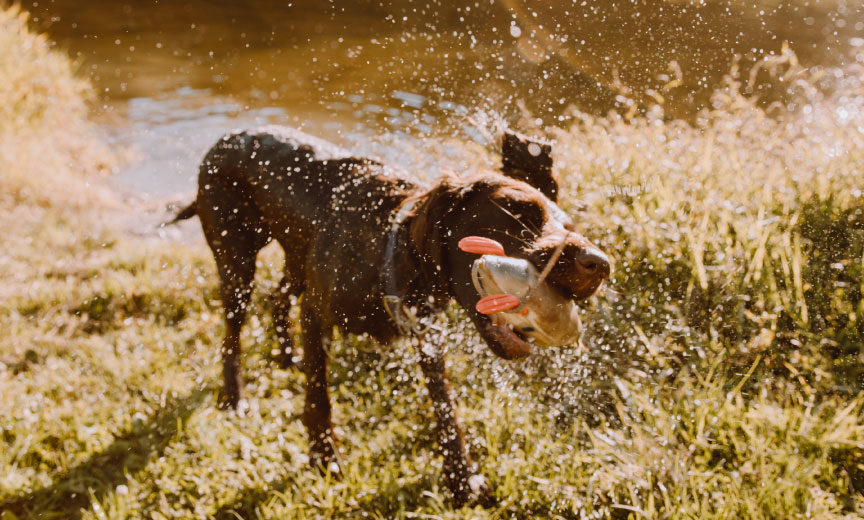
Overcoming Barriers and Challenging Stereotypes
Despite our reputation out here on the Left Coast, I believe there are real opportunities to challenge some of the stereotypes about hunting. We don’t have as many people who come from the heritage hunting perspective, but that doesn’t make the challenge impossible.
One of the entry barriers to hunting is simply getting someone outdoors – and that’s certainly not a problem for us Pacific Northwesterners. We generally love being outside and most of us already own a full suite of outdoor gear designed to protect us from the elements. We’re not afraid of rain, mountains, or a little mud (but we are afraid of driving in the snow). We already have a vibrant, active, adventurous community here.
Another barrier is getting someone to truly care about the story behind the food that they consume. Again, here in the Northwest, we’ve already crossed that threshold. Urban farmers’ markets thrive in every neighborhood, allowing consumers to chat with growers about their planting strategies and upcoming crop plans. Diners pay top dollar for a farm-to-table experience while premier chefs tout the seasonality of their menus. We make choices based on sustainability and we want to connect with our food. It’s not a big leap to extend that attitude toward sustainable hunting practices.
Much like my own story, I can envision a logical path toward encouraging outdoor recreationists and sustainable food enthusiasts to consider a new viewpoint on hunting animals. If a hike in the woods becomes an opportunity to forage for mushrooms . . . which then becomes an opportunity see a grouse flush . . . which then produces an interest in hunting that grouse . . . then perhaps we can actually reach an entirely new population of future hunters.
It could all start over a Monday morning cup of coffee.
Last modified: July 19, 2022


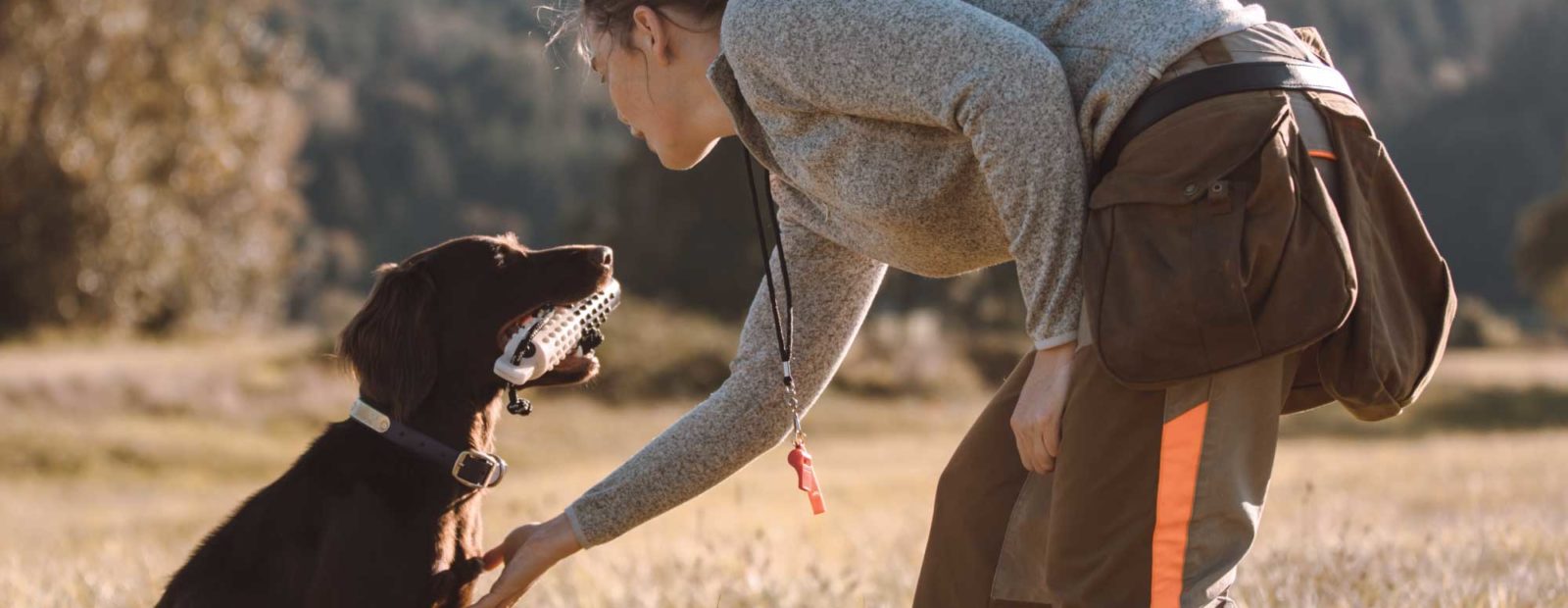
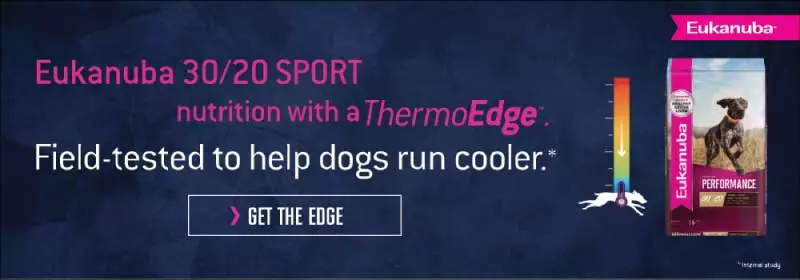
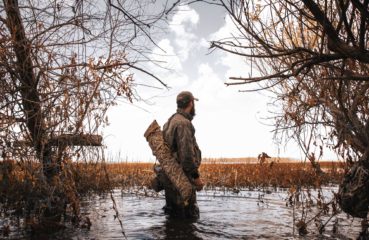
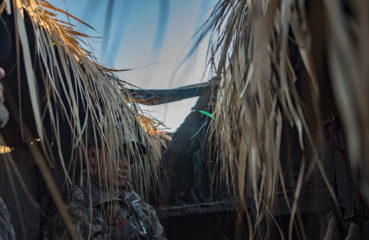
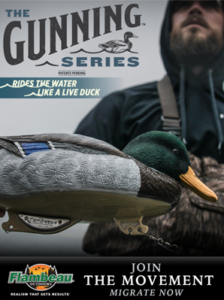
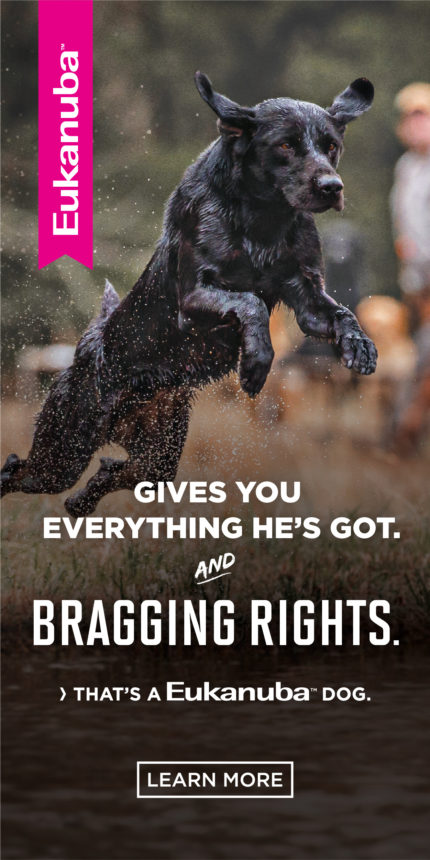
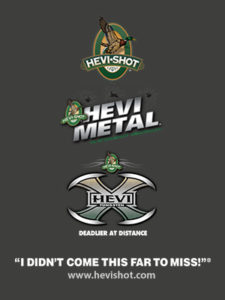

I love the article! I just started waterfowl hunting a couple years ago in Southern California. It has been interesting living on the left coast compared to the small Midwest farm where I grew up. 🙂 Thank you for sharing your story.
Thanks! Yep, it’s definitely different out here – and yet we’re SO CLOSE with all the interest in where your food comes from and how to make sustainable choices. Good luck out there!
Jennifer, I appreciated this article so much! I’m a mom in her 30’s who did not grow up around hunters/hunting culture at all, but lately I have been exploring ways in which I can be more connected to and intentional about the food I put on my family’s table. Hunting birds has been on my mind for a while now! We are relocating from Spokane, WA to GA so I’m hoping to connect with friends there who hunt. Thank you again for sharing your perspectives!
Thanks Sarah! It’s never too late to try something new. There’s no shame in being the only person over 14 at an outreach or training event – I’ve been there! Good luck with the move and I hope you get connected with a great community in GA.
My outdoor and hunting history is similar to yours, as is my frustration with explaining the ethos of hunting to a non- or anti-hunting audience. One thing I try to emphasize is the way the animal lives its life. Our usual methods of raising poultry and livestock are nasty and squalid at best; a wild duck or pheasant doesn’t have to tolerate that. And if you shoot well, the bird never even hears the report (as the shot travels faster than sound). Thank you for posting this article –
That’s so true – if people saw how our cellophane-wrapped meat got to that styrofoam tray, the conversation would probably be very different. I’ll choose an animal that lived free and wild instead. Thanks for reading!
Hi Jennifer,
Thank you for your excellent article. I hear my own words in your narrative; your story resonates with mine. Keep up the great work!